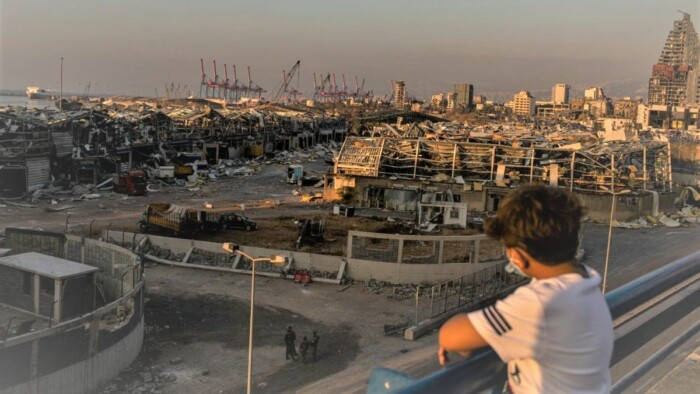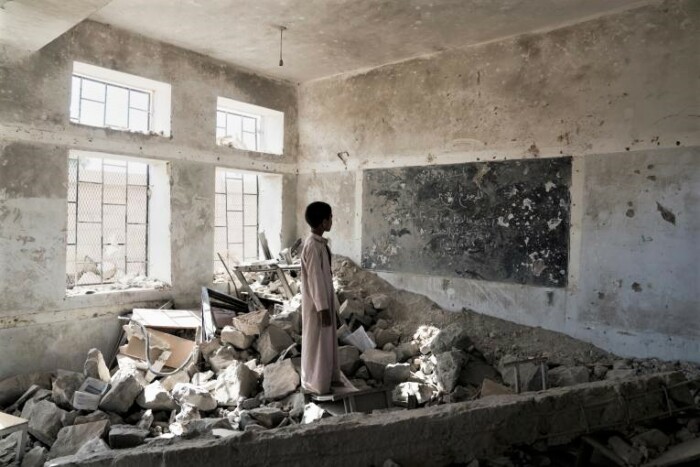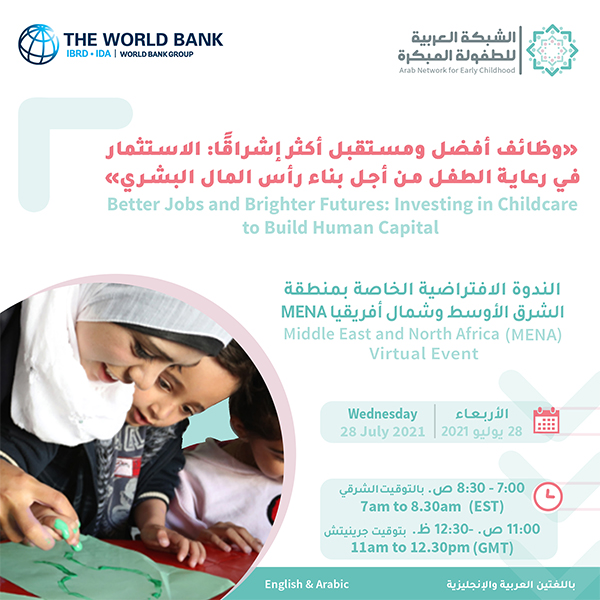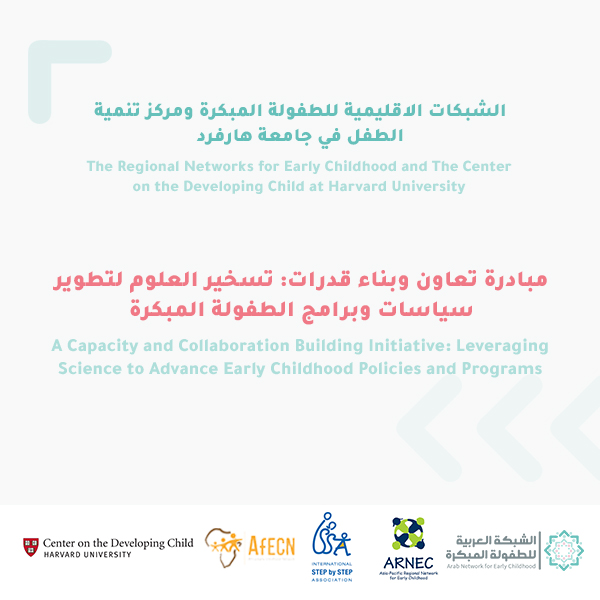We Communicate For Happy Children
 ANECD Newsletter, Issue #5
ANECD Newsletter, Issue #5 
Your e-mail may have been automatically added from other ECD lists.
We will be happy if you stay with us. However, you may unsubscribe at your convenience.

Lebanon: One year since the Beirut explosion and the three-dimensional crisis puts children and families at risk
A UNICEF survey shows that one year after the devastating explosions in Beirut the needs of affected children and families remain acute where 7 in 10 households requested basic assistance especially cash and food support. Also, one-third of the families with children under the age of 18 said at least one child in their household was still showing signs of psychological distress. Ted Chaiban, UNICEF regional director in the Middle East and North Africa, said that “Since the blast, Lebanon has been in free fall struggling with a triple crisis: economic, political and the COVID-19 pandemic. This is threatening to leave almost every child in Lebanon vulnerable and in need.”
Another UNICEF survey indicates that 60 percent of families are forced to buy food by accumulating unpaid bills or through borrowing, 15 percent of families in Lebanon have stopped educating their children, and 30 percent of children in Lebanon do not receive primary health care they need.
‘Lasting scars’ full report, here
‘Children’s future on the line’ full report, here

UNICEF warns: The number of children facing education disruption in Yemen could rise to 6 million
Six years on, Yemeni children’s education has become one of the greatest casualties of Yemen’s devastating and ongoing conflict. Over 2 million school-age girls and boys are now out of school as poverty, conflict and lack of opportunities disrupt their education. The report, ‘Education Disrupted: Impact of the conflict on children’s education in Yemen,’ looks at the risks and challenges children face when out of school, and the urgent actions needed to protect them. The report highlights that when children are not in school, the consequences are dire, both for their present and their futures.
To read the whole report in English, here

Virtual event: Better Jobs and Brighter Futures: Investing in Childcare to Build Human Capital
The World Arab group, in collaboration with the Arab Network for Early Childhood (ANECD) organized a virtual event on the Middle East and North Africa (MENA) under the title “Better Jobs and Brighter Futures: Investing in Childcare to Build Human Capital.”
The event took place on Wednesday, July 28, 2021. It presented the highlights from the World Bank’s new report, “Better Jobs and Brighter Futures: Investing in Childcare to Build Human Capital,” reviewed the childcare context in MENA, and engaged policymakers across the region on challenges, opportunities, and promising approaches.
The report highlights the transformative potential of investments in childcare to increase women’s employment and productivity, create new jobs, improve child outcomes, drive economic growth, and support a more resilient and inclusive recovery from the pandemic. It also provides an overview of the status of childcare globally and five recommendations for policy goals.
To read World Bank’s report, here

Leveraging Science to Advance Early Childhood Policies and Programs: A Capacity and Collaboration Building Initiative with the Center on the Developing Child at Harvard University
The four regional early childhood networks, the African Early Childhood Network (AfECN), the Arab Network for Early Childhood (ANECD), the Asia-Pacific Regional Network for Early Childhood (ARNEC), and the International Step by Step Association (ISSA), along with the Center on the Developing Child at Harvard University collaborates to collectively design an initiative to support the work of advancing science-based ECD programs and policies around the world.
The initiative started on Thursday, July 15, 2021, with a workshop aiming at applying the science of ECD to influence and advance the local policies and programs. The workshop involved representatives from the four regional networks where 17 country teams participated.
The Arab Network (ANECD) contributed to the workshop with a facilitating team, inviting and facilitating the participation of a number of the network’s partner national task forces: teams and facilitators
• From Lebanon represented by the Ministries of Health, Social Affairs and Education
• From Jordan, the early childhood national network
• From Egypt, the national committee working on developing an early childhood development strategy
• It is Palestine, the early childhood national network
During the coming period, the 17 national teams from around the world will work on developing and refining their work programs and strategies based on the science of early childhood knowledge gained in the workshop with the support of the network facilitation team in cooperation with experts from Harvard University. Provided that these groups return after a period to meet in another workshop to present the results of their work and exchange lessons learned to develop its joint work for the benefit of children in their countries and the world.
Stay tuned for news and updates on the RN-HCDC Initiative!
